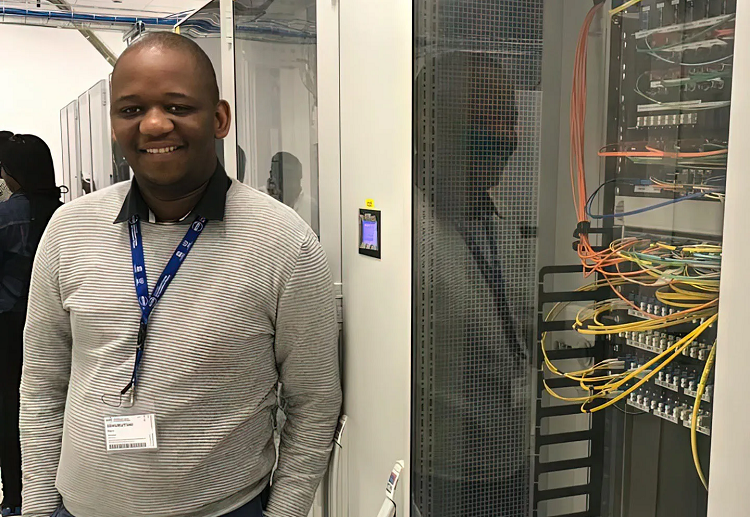I am Bigani, a seasoned system administrator with extensive expertise in open-source technology, currently employed at the Department of Computer Science at the University of Botswana.
The Genesis of My Linux Journey
My journey into the world of Linux began in 2014 when the university inaugurated a High-Performance Computing (HPC) facility, generously donated by our collaborating partners: the Texas Advanced Computing Center at the University of Texas, USA, and the Center for High Performance Computing in South Africa. The HPC system we received was Linux-based, so because I already had some basic knowledge of Linux, I was chosen to lead the HPC unit. Subsequently, I received rigorous training from our technical partners and have since attended various systems administration workshops and participated in HPC deployments throughout the region.
Evolving the Ecosystem Through Collaboration
I also represent the University at the annual HPC Conference in South Africa, organized by the National Integrated Cyberinfrastructure System (NICIS). The conference includes training sessions.
I actively engage in cross-site collaborations within the SADC-HPC-Ecosystem, an opportunity that has furthered my skill set through regional projects like the SADC Cyberinfrastructure Framework implementation on Weather Modelling and Early Warning Systems. Within this project, I have worked closely with Botswana Meteorological Services, using the University of Botswana’s HPC system to run simulations, such as one for ex-tropical Cyclone Dineo.
Educational Milestones with LPI
In 2018, recognizing the growing need for quality training in Linux as the use of HPC expanded, I played a key role in establishing a Linux training academy at the University in collaboration with the Linux Professional Institute (LPI). The LPI’s well-structured courses have not only increased the user base for the HPC system but have also garnered significant interest in LPI certifications from both government and private sector professionals. Upon becoming LPIC-certified, I took on the role of instructor and provided training workshops to a diverse audience, including undergraduate and postgraduate students as well as researchers, using LPI’s Linux Essentials content.
Broadening Horizons and Closing Skill Gaps
My involvement with LPI has broadened my horizons considerably, sparking my interest in areas like DevOps (my next target for certification), cloud computing, FinOps, and data science. Thanks to the LPI public beta exams program, I have also obtained my Security Essentials certificate. This association with LPI has encouraged the University to explore other skill-development partnerships, including an academic collaboration with AWS to offer cloud skills and certifications to our students.
Addressing Regional Challenges Through FOSS
The necessity for Linux training is particularly acute in our region, which suffers from high youth unemployment. Acquiring skills in Free and Open Source Software (FOSS) has the potential to drive innovation, bridge the unemployment gap, and address the many challenges we face in our country. My vision is to introduce FOSS to all citizens, starting with students in junior and high schools. Given the stark technology skill divide between developing countries like ours and developed nations, initiatives by organizations such as LPI—coupled with our own efforts—are instrumental in leveling the playing field and equipping communities with essential digital skills.
Source: lpi.org





0 comments:
Post a Comment